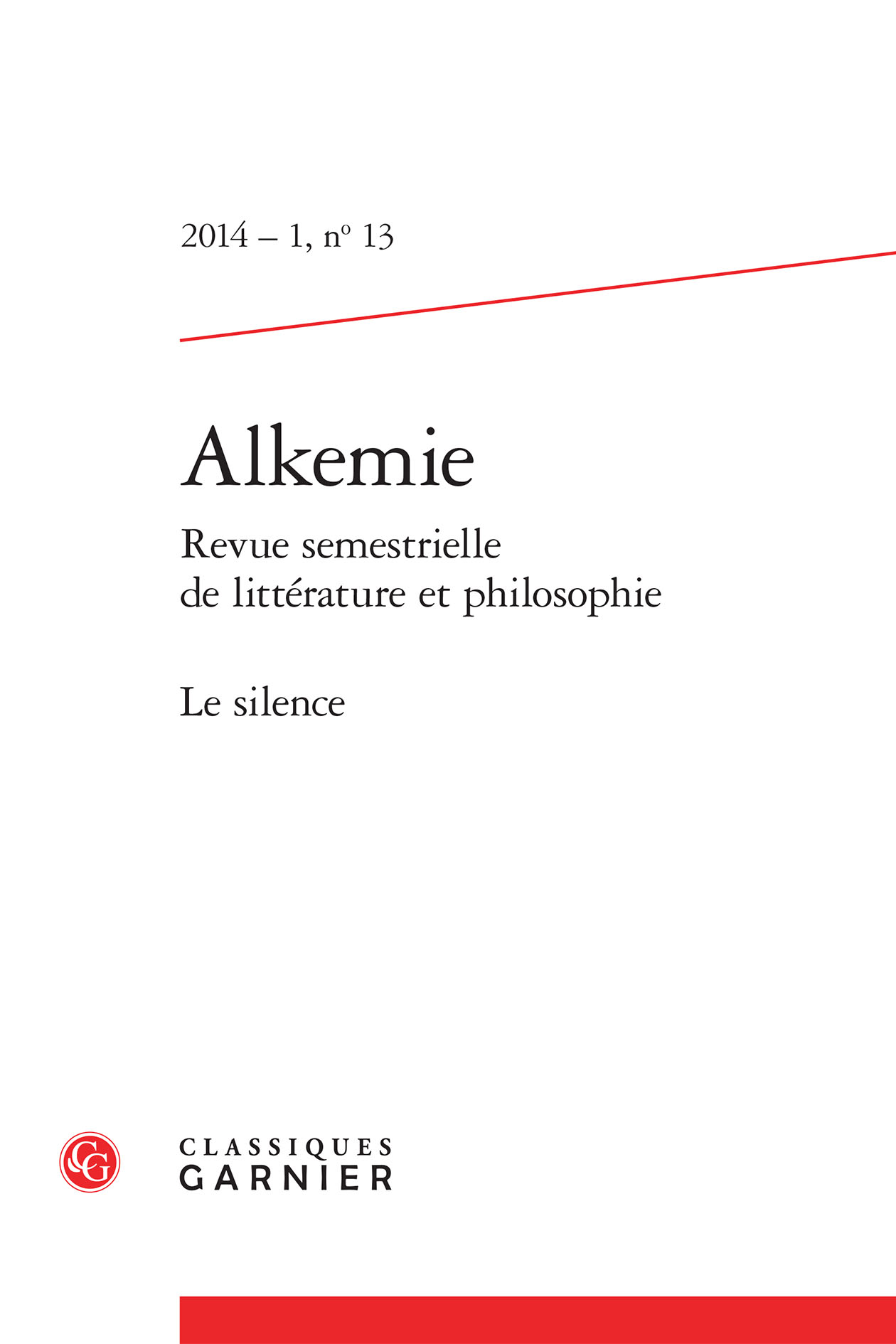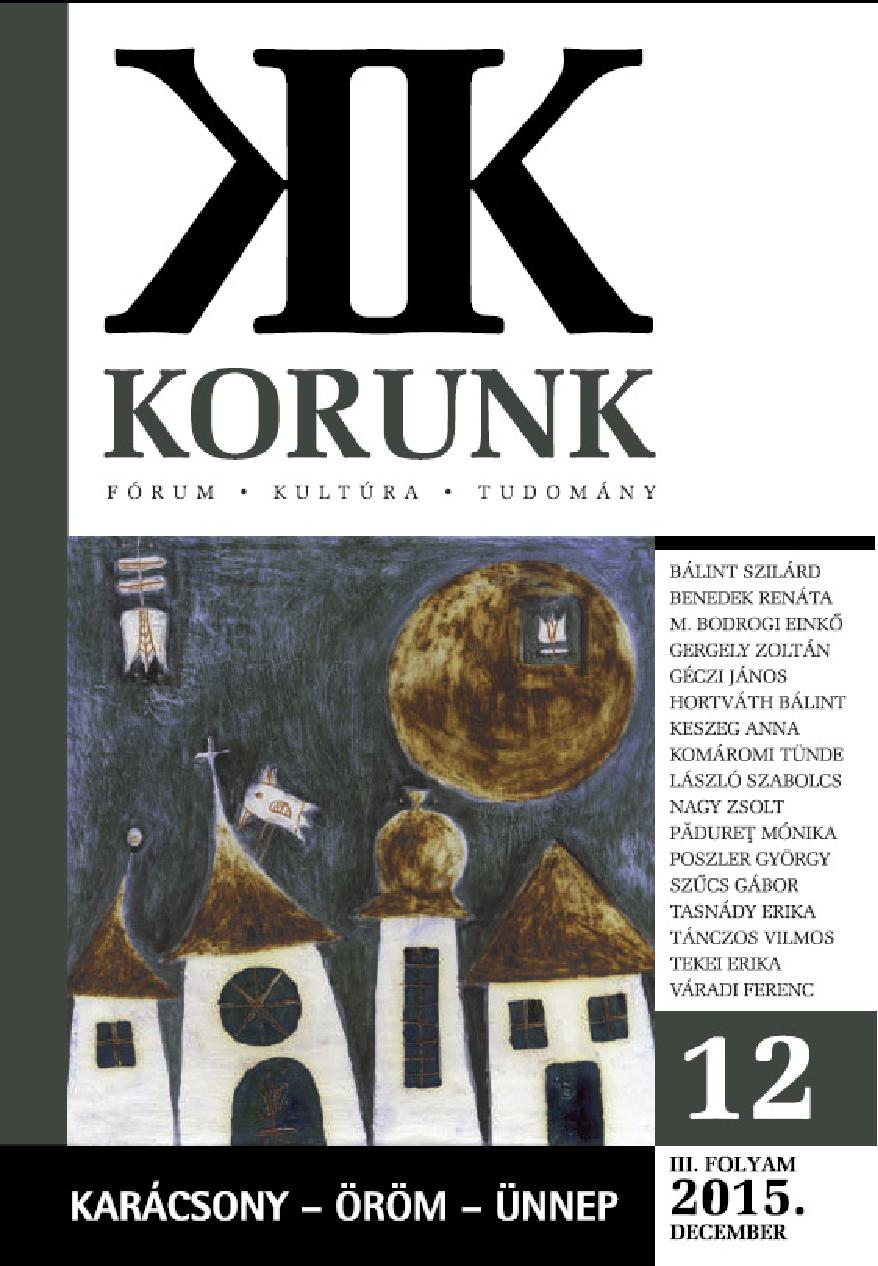
« Point de réponse, mot »
« Point de réponse, mot »
Keywords: syntax;function;translation;poetry;
Les mots risquent fort, à les considérer isolément, de ressembler aux paires de chaussettes enroulées l’une sur l’autre et dont l’illusoire compacité enchantait le jeune Benjamin s’émerveillant de voir se défaire si aisément cette image illusoire de la totalité. Mais sans doute ne sont-ils rien d’autre qu’un enroulement provisoire des registres sémantiques et sémiotiques. Il importe donc de les renvoyer à l’historicité qui les maintient et à la syntaxe qui leur assure une fonction dans un discours particulier. If we consider them in isolation, words risking appearing like those pairs of socks rolled up one on top of each other, and whose illusory compactness enchanted the young Benjamin, who marvelled to see this illusory image of totality unravel so easily. Surely words are nothing other than a provisional arrangement of semantic and semiotic registers. It is therefore important to return them to the historicity which maintains them, and the syntax which assures them a function in a given discourse.
More...
